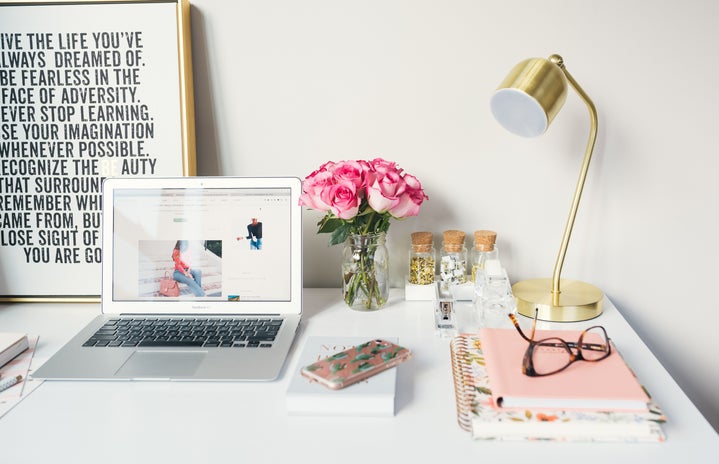Before interning at the local nonprofit, WisCorps, and being asked to help organize and generate ideas for the 2019 Earth Fair, I knew very little about sustainability. I had learned some basics throughout grade school, read a few articles here and there, and encouraged others to recycle when I could. But that was it. I didn’t have any foundation to the importance of sustainability or the practices that go into it. I wasn’t opposed to it, I just didn’t know where to start.
It may seem like everyone is an expert on a topic when you know very little, so think of me as an equally undereducated, curious friend. Before we dive into some tangible tips + practices, let’s get a basic defintion down. While there are numerous ways to understand sustainability, a common defintion comes from the UN World Commission on Environment and Development: “Sustainability is the ability to meet the needs of the present without compromising the ability of future generations to meet their own needs.”
Pretty simple right? In theory, yes. In practice, not as much. You must take this definition a step further and do some researching. You can do as much or as little as you want but no matter what, you’re bound to find some valuable information. You don’t need to be a scholar, you just need to find your “why”—why do you find this important?
Here are just a few links I found useful when first starting out: http://www.mcgill.ca/sustainability/files/sustainability/what-is-sustainability.pdf, http://www.youtube.com/watch?, v=_5r4loXPyx8, https://www.epa.gov/sustainability. There are endless useful articles, videos, blogs, etc., so don’t limit yourself!
With all that said, I’ve compiled some simple (and significant) ways you can help today:
- Put on an extra layer of clothing instead of turning on the heating.
- Turn off your lights when you leave a room.
- Open up your blinds and use as much natural light as possible before switching on your light bulbs.
- Hang your wet clothes on a drying line or rack instead of using a powered dryer.
- Put up a no junk mail sign on your letterbox to limit the amount of paper you consume.
- Start timing your showers. Or better yet, invest in a shower timer.
- Take stairs over the elevator.
- Use public transport.
- Collect scrap paper in a tray.
- Turn off your computer before leaving work.
- Repurpose glass jars.
- Use cloths instead of paper towels.
- Make your own coffee instead of buying takeaway.
- Limit the amount of water you use to brush your teeth.
- Use rechargeable batteries where possible.
- Donate your old devices.
- Borrow books from the library instead of purchasing them directly.
- Stop accepting disposable cutlery.
- Practice minimalism.
- Start using natural cleaners.
- Switch to reusable bags.
- Ditch the plastic water bottles.
- Consider starting a composte.
- Buy second-hand when new isn’t necessary.
- Cut out meat for a week or two.
- Order items in bulk.
While this is a good place to start, it’s only the very beginning. Check out more tips + practices online, learn from your friends, and/or think of your own! Have fun with it.

